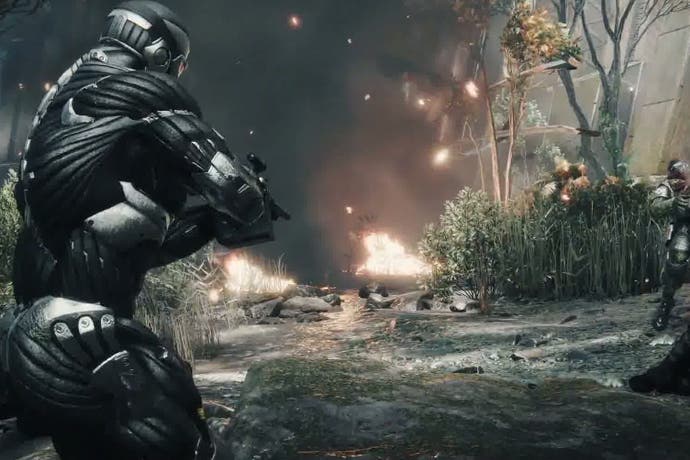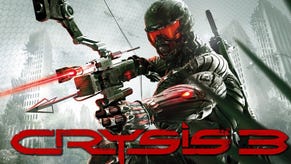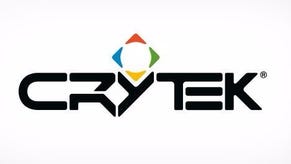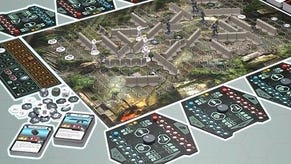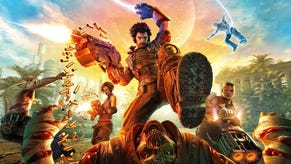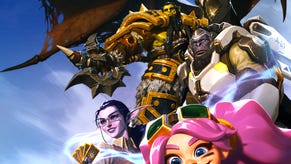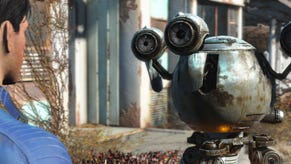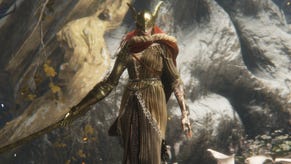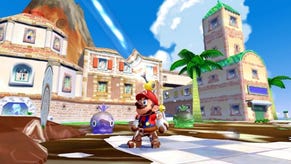Crysis 3 developer Crytek on why it's impossible for next-gen consoles to match the power of gaming PCs
"Without breaking NDAs..."
Ahead of Sony and Microsoft's next PlayStation and Xbox announcements, which are expected to herald a significant leap in graphics power for home console gaming, one developer with knowledge of what's to come from both machines has said PC gaming will remain the place to be for the best possible visuals.
Sony is expected to announce the next PlayStation this Wednesday, and Microsoft reportedly will announce its next Xbox in April. Leaked specifications for both consoles indicate a leap over the current generation. Digital Foundry has more.
German games company Crytek has a multi-platform shooter, Crysis 3, out this Friday, and reportedly has a next-generation Xbox game, Ryse, in the works, so is well placed to make comparisons.
Crytek boss Cevat Yerli, restricted by non-disclosure agreements with both Microsoft and Sony, told Eurogamer Crysis 3 running on a powerful PC looks better than next-generation games due to be announced. Indeed, he said it is "impossible" for consoles to match gaming PCs.
The chief reason behind this, Yerli said, is cost.
"Without breaking NDAs that are in place, realistically, from purely a price point perspective, it is impossible.
"It's impossible to package $2000-3000 into a mainstream, let's say $500 console. I'm not saying they are $500 consoles. They may launch a console at $2000, but the consumer pricing is usually much lower than that.
"So, given consumer pricing, and given the cost of production of a gamer PC and the amount of watt of power it needs, which is like a fridge, it's impossible."
If you predict how hardware evolves at the current speed of evolution, and then take consumer pricing evolution, already two years ago you could see, whatever launches in 2013 or 2014 or 2015, will never beat a PC again
Crytek boss Cevat Yerli
Yerli said Crytek's 2009 claim that its CryEngine 3 game engine was "next-gen ready" was the result of internal predictions about hardware evolution.
"We used Moore's Law," he said. "If you predict how hardware evolves at the current speed of evolution, and then take consumer pricing evolution, already two years ago you could see, whatever launches in 2013 or 2014 or 2015, will never beat a PC again.
"When we went out to GDC we said CryEngine 3 was next-gen ready. That message was born by the research of prediction of where things were going. It was clear we were capable then to make next-gen games because there wouldn't be much more than what the CryEngine could do at that point."
Yerli added that console manufacturers face a losing battle in the fight with PCs because of the evolution of PC gaming since the launch of the PlayStation 3 and Xbox 360.
"If you look at PC gaming, that has changed also," he said. "The whole modular way you can design a PC today, with two, three or four graphics cards in them, and you can water cool them and overclock to infinity, that didn't exist even six or seven years ago. You just bought one or maybe two graphics cards and then you were super enthusiastic.
"It's very difficult to compete with that. People have these massive nuclear power plants standing in their rooms that will run your games really fast. It's hard to compete with."
People have these massive nuclear power plants standing in their rooms that will run your games really fast. It's hard to compete with
Crytek has a reputation for its PC games. The first Crysis, released in 2007 as a PC exclusive, gained a reputation for its high demands on PCs. But fans accused Crytek of dumbing down follow-up Crysis 2 as the developer focused on a multi-platform release on PC, PlayStation 3 and Xbox 360.
Yerli said Crytek made a concerted effort with Crysis 3 to push graphics as far as they could possibly go to keep its PC gaming fans happy.
"This time around the consoles couldn't gain much more," Yerli said. "It was like a five per cent or ten per cent gain. That's it. We gained on consoles visually and perception wise of quality through different techniques, not just brute force technology. So I think it's above Crysis 2 on consoles.
"But the PC version, because the specs are now much more evolved, this is two years later, effectively, this is two generations of PCs we could leverage and DirectX 11 is fully rolled out, so now we could really push it.
"I made a joke at one point saying, 'we're going to melt PCs,' and I think we are going to melt PCs again. People want that, and we'll deliver that.
"With Crysis 2 we tried to make the spec available to as many PC gamers as possible. Then we heard back from the loudest group, which was enthusiast PC gamers, 'our PCs are running this game at 200 frames. What the hell? We should be running at 30 frames.'
"Crytek is probably the only company where you read forums and YouTube, people are excited if they can't run the game. I don't think it's like that at any other game company.
"Our graphics programmers said, 'we're going to give them a game they can't run any more."
I made a joke at one point saying, 'we're going to melt PCs,' and I think we are going to melt PCs again
Increased power is just one improvement the next-generation of consoles will bring. Yerli said both the next PlayStation and Xbox will make it easier for developers to update their games. Currently, strict certification processes mean developers must submit final release code often months before planned release. On console updating and patching is a time-consuming, costly process. On PC there are no barriers.
"Sony and Microsoft are both looking to improve the process of updating live games and online games," Yerli said. "They understand also that as soon as you launch a game, whether it is retail or digital, you have to service the game. This whole servicing wasn't a thought they had when they launched the Xbox and PlayStation.
"But it is a thought that has come up recently in the last two years, from changing from games as a good to games as a service. And when games as a service changes the platform has to become a platform as a service platform."
